Victor Grossman
TARGETS HUMAN AND POLITICAL
Berlin Bulletin No. 123

Victor Grossman
No, Berlin did not have a good old Merry Christmas. Tragedy hit hard, in the form of a long, heavy truck steered right into the Christmas market by a fanatic Tunisian immigrant, already in serious trouble in his home country and Italy, and scheduled for expulsion from Germany. Twelve were killed, also the Polish driver of the hijacked bus, and nearly fifty were injured, many of them foreign tourists. The killer died a few days later in an almost accidental shootout in Italy, and Berlin did its best to mourn the loss but keep a sad but stiff upper Christmas lip for the holidays.
My question: Would a well-publicized decision by the government that German troops and weapons will be removed from all Muslim territories (and any others as well) and no more murderous arms shipments sent anywhere near conflict areas perhaps be the best long-term answer to „terrorism“?
Soon local politics again took center-stage. City-state elections in Berlin were back in September. After many weeks of negotiation, the city’s first three-party coalition agreed at last on a joint program, with almost 90% of the LINKE members voting Yes per postal referendum, and on a ruling Senate (cabinet). The SPD (Social Democrats) won fewer election votes than ever before but still more than any other party, so incumbent mayor Michael Müller keeps his job; his party gets four seats, one of them the mayor’s. There are three seats for the LINKE, one for youthful, smiling Klaus Lederer, until now head of his party in Berlin, but now deputy mayor and in charge of culture, always a hot theme. And there are also three Senate seats for the Greens, their first in Berlin city rule.
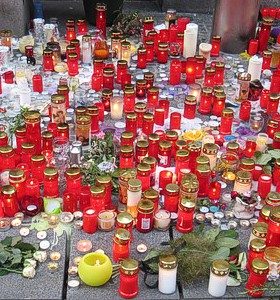 What will this new team bring to Berlin? A double whammy broke the suspense. When LINKE city planning engineer Katrin Lompscher finally got the job she always wanted, Senator for Housing and Construction, she amazed everyone by naming university sociologist Andrej Holm as one of her two deputies (called state secretaries). He is known as a scrapper, even a radical; aside from academic duties he has long fought the squeeze of Berlin’s low income renters, over half the total, out of the main city area and off to the outskirts. He even approved of the once so frequent „squatting“, with young people defiantly occupying buildings cruelly rid of low-income renters and permitted to decay so they can be replaced by fancy, expensive condominiums. Holm was arrested in 2007 on suspicion of working with „underground anarchists“; some of his vocabulary, it seems, matched theirs, like the then new terms „gentrification“ and „precarization“. He was freed after three weeks and world-wide protests and is highly respected as a fighter against the advancing take-over by the wealthy.
What will this new team bring to Berlin? A double whammy broke the suspense. When LINKE city planning engineer Katrin Lompscher finally got the job she always wanted, Senator for Housing and Construction, she amazed everyone by naming university sociologist Andrej Holm as one of her two deputies (called state secretaries). He is known as a scrapper, even a radical; aside from academic duties he has long fought the squeeze of Berlin’s low income renters, over half the total, out of the main city area and off to the outskirts. He even approved of the once so frequent „squatting“, with young people defiantly occupying buildings cruelly rid of low-income renters and permitted to decay so they can be replaced by fancy, expensive condominiums. Holm was arrested in 2007 on suspicion of working with „underground anarchists“; some of his vocabulary, it seems, matched theirs, like the then new terms „gentrification“ and „precarization“. He was freed after three weeks and world-wide protests and is highly respected as a fighter against the advancing take-over by the wealthy.
This frightened many in the newly-sidelined CDU, who quickly launched their counter-whammy. They dug up the fact that in September 1989 at 18 Holm had agreed to join the Stasi, for which his father worked. His family was pro-GDR leftist, the Nazis had imprisoned his anti-fascist grandfather in Sachsenhausen Concentration Camp. His few months of Stasi-apprenticeship were ended after the Berlin Wall fell. That was 27 years ago; not just the LINKE but the two other coalition parties dismissed the matter as a long-dated youthful decision which had never damaged a single person.
But then the ferrets dug up more; in 2005, when taking on a university job, he had allegedly admitted his application and brief membership in the Stasi but not that he had been paid for a month or two. His appointment now rests with the university authorities. The media smell blood; a few weaker supporters are joining in a chase whose motivation is all too clear. The real estate gentry, already rubbing their hands, are most raucously „indignant at such an evil-doer“!
Though without knowing his full story, I cannot help recalling my own. Drafted during the McCarran-McCarthy Era, I was told to sign a paper denying any leftist memberships. I fearfully signed; admitting the truth would have brought immediate big problems and could have ruined my entire life. Perhaps his situation had not been so very different; the atmosphere certainly wasn’t! I must applaud the LINKE for naming such a fighter and for supporting him at least thus far.
The tripartite coalition in Berlin inevitably leads speculation to the coming German elections next September. The dream of some in the LINKE is a similar coalition, just like here. The polls of the three parties currently add up to about 42%. Can this grow a little? And would the LINKE, to beat the „openly right“ and get into government accede to the ultimatum of the SPD and the Greens by breaking their „Peace Party“ pledge against the sending of any German troops abroad?
The traditional partner of the Christian Union sister parties has always been the big-biz Free Democratic Party. If it manages to regain the needed 5% and edge back into the Bundestag and rejoin that team that could almost exactly reach about 42%, like the others. It’s all tight!
Could the Christmas market tragedy hurt the chances of Angela Merkel? Ever since she first announced her welcoming policy toward refugees she has been under attack by parties of the Far Right, by a few strident opponents within her own party and by her further-right Bavarian sister party, who want ever more video cameras and ever more people behind bars or expelled. She and her stalwarts have been moving backward, step by step, on a delicate tightrope, making life harder and harder for one group or nationality after the other. Was that enough to stem the tide? There was a sudden swing in the polls against her party, strengthening the menacing Alternative for Germany (AfD) but at present this trend seems to have subsided, with the AfD back down to its 13% status – alarming enough. But if those seats in the Bundestag are needed to continue in power, would the Markel party break all taboos and make a deal with the extremist AfD? Tensions are mounting by the month, many are wobbling – and often hoping for shining victories – and comfy cabinet seats.
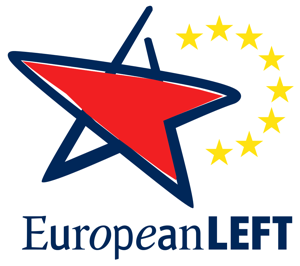
www.european-left.org
Germany is biggest, strongest, central in Europe and muleteer of a scattering herd. And it was in Berlin on December 18-19th that just such matters were debated by representatives of 25 left-wing parties (with six sending „observers“) from all over Europe. Their goal: to strengthen the Party of the European Left. Though not a new organization, it has hardly played a noticeable role thus far. This, 300 participants decided, must be changed!
The members vary widely. Some, tiny vestiges of former Communist Parties, still strictly correct, require little more than a large phone booth for their membership. Others are strong opposition parties, and Syriza is the controversial government party in Greece. More than one party was represented from some countries – France, Spain, Finland. And some were conspicuous by their absence, like those from Portugal. One hot question still divides them. Should leftist parties battle within the European Union, where some belong to a Leftist-Left/Green coalition? Or should they reject it as a largely German-dominated force for reaction and fight it from without. The meeting in Berlin decided that disagreement on this must no longer weaken their efforts. The far right is ever more menacing, with Le Pen, Wilders in the Netherlands, Hungary, Poland, Austria and the AfD. And who knows what Trump may bring? There must be a united fight against it, against austerity measures, racism, misogyny, union-busting, anti-immigrant hatred, against ecological disaster and, finally for nuclear disarmament and for peace initiatives in the Mideast and Eastern Europe.
The new president of this European Left, elected by only 67.7%, was Gregor Gysi, no longer in any leadership job in the German LINKE he did so much to build. An Executive Committee was chosen with representatives from France, Spain, Italy and Bulgaria. Gysi said the European Union was antisocial, undemocratic, ecologically inconsistent, non-transparent, lacking in solidarity, bureaucratic and was grasping at military power. He sees the reasons why some abhor it but, despite its current crisis, favors helping it stay alive as a balancing factor in the world, important for keeping peace at least in Europe, and because it enables young people to travel at will through most of the continent. Gysi pledged to help make the European Left a much bigger force, with annual congresses and actions like a united demonstration protesting violence against women or a united march to Brussels to demand an end to „precarious jobs“. The need for such unity is becoming desperate.
More by Victor Grossman: Berlin Bulletin No. 122, No. 121 (deutsch), No. 121, No. 120, No. 119, No. 118, No. 117, No. 116, No. 115, No. 114, No. 113, No. 112, No. 111, No. 110, No. 109, No. 108, No. 107, No. 106, No. 105, No. 104, No. 103, No. 102, No. 101.
.



















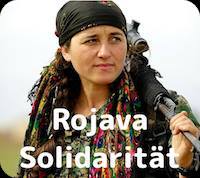

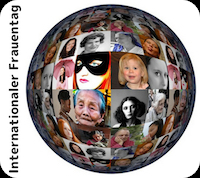
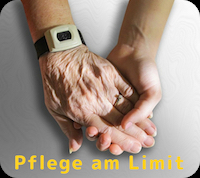
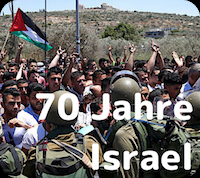



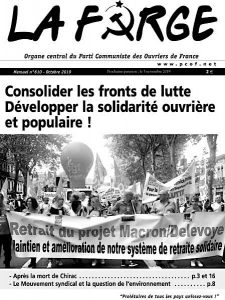





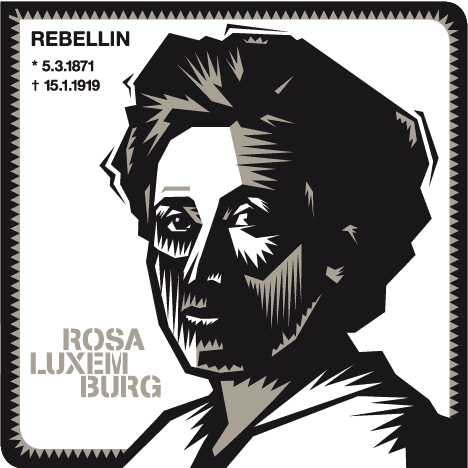

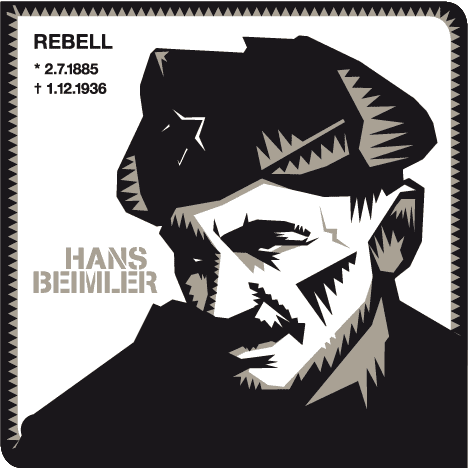
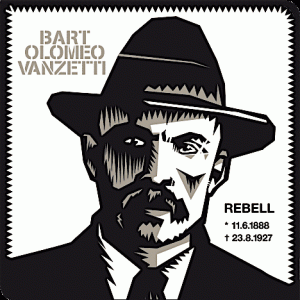
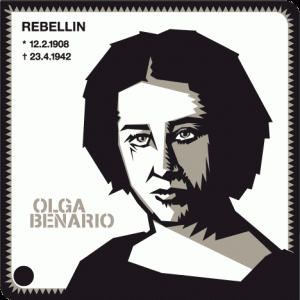
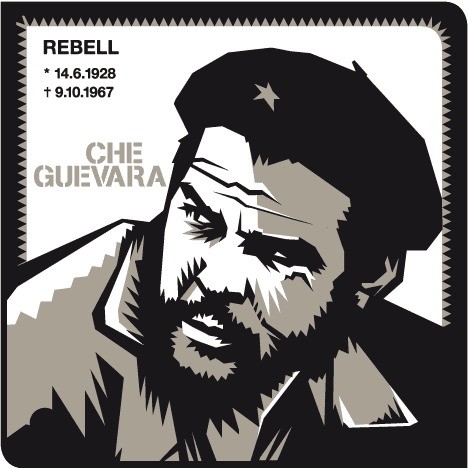

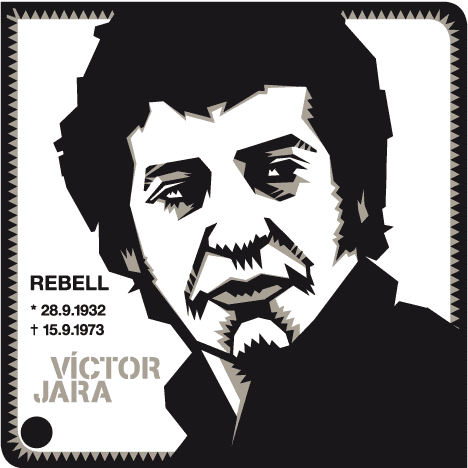

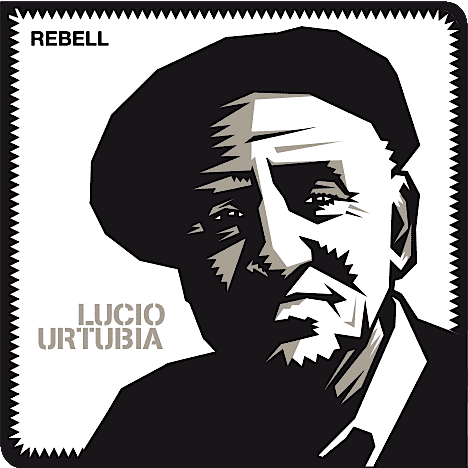

Diskussion ¬